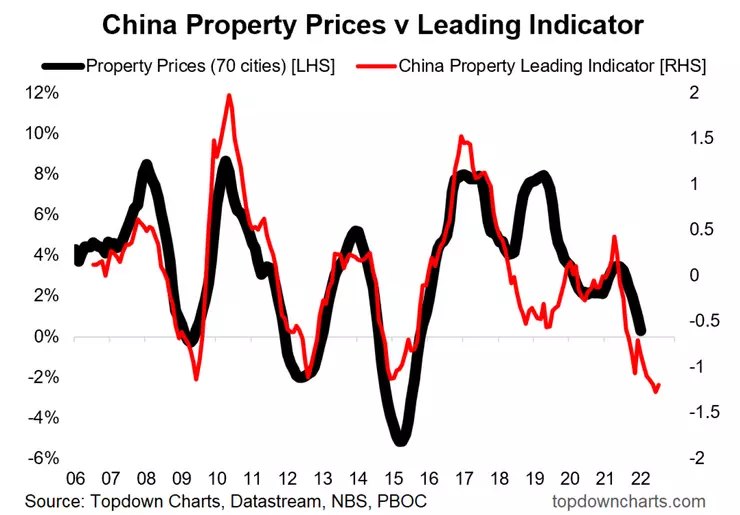Alright, folks, let’s talk about a significant shift happening in the Chinese housing market. Several major cities – Beijing, Xi’an, Kunming, Qingdao, just to name a few – are now loosening the age restrictions for Public Provident Fund (PPF) loans. We’re seeing the loan maturity age extended to 68 for men and 63 for women, or even five years past the statutory retirement age. This isn’t some random policy tweak, it’s a direct response to the country’s gradual retirement age extension plans.

Photo source:www.bloomberg.com
Let’s be clear: this move is designed to unlock pent-up demand for improved housing. Many potential home buyers were previously sidelined due to age limitations on loan terms. Now, they’re back in the game. But before you celebrate, let’s look deeper.
This is a double-edged sword. While it injects much-needed liquidity into the property sector, it simultaneously throws down a gauntlet to banks. They now have to recalibrate their risk assessment models to accommodate longer loan durations and older borrowers.
Here’s a quick breakdown:
Public Provident Fund (PPF) loans are designed to help citizens finance home purchases. The prior age restrictions often prevented individuals nearing retirement from accessing these funds.
Extending the loan term allows individuals to spread repayment over a longer period, increasing affordability.
However, longer loan terms carry higher interest costs and potential risks if the borrower encounters financial difficulties later in life.
Banks will need to carefully balance supporting responsible homeownership with prudent risk management.
This move signals a broader government push to stimulate consumption and stabilize the housing market. But, as always, the devil is in the details. Banks need to walk a tightrope – fueling healthy demand while reinforcing those crucial risk controls. Long-term sustainability is key here, and we’ll be watching closely to see how this plays out.






